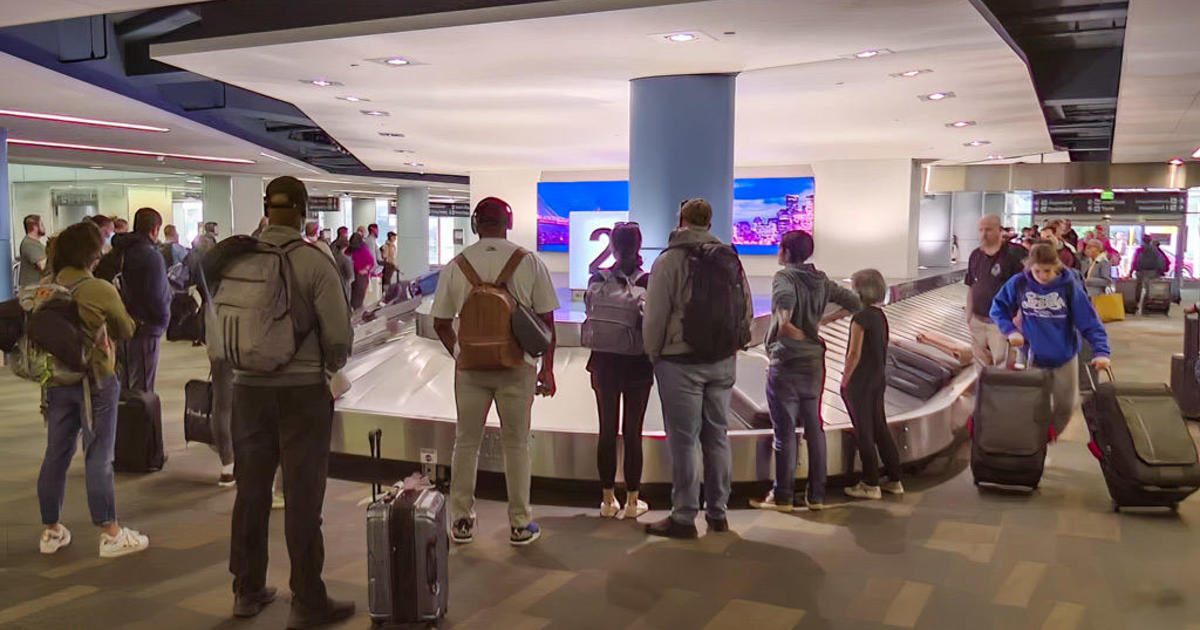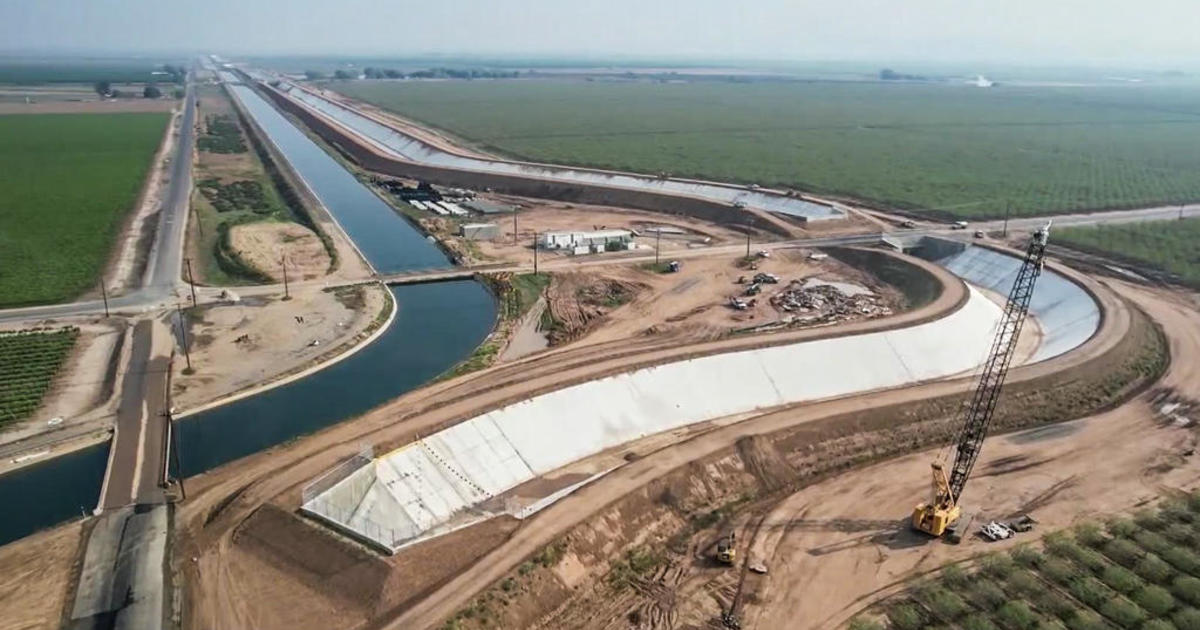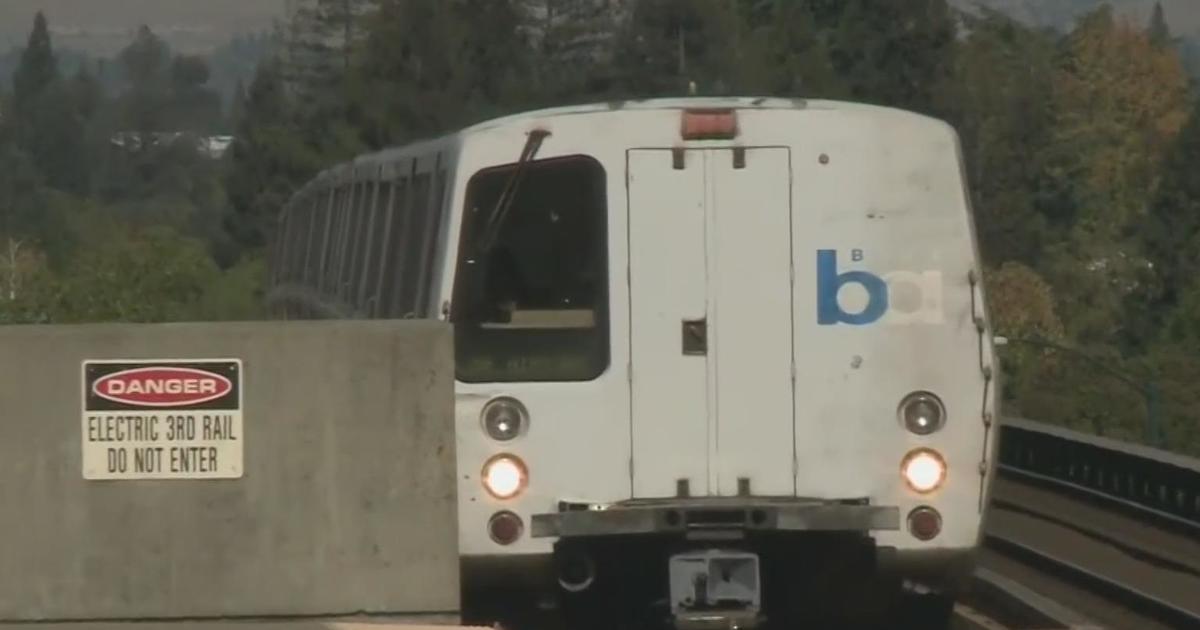California To Give Green Light To Truly Driverless Cars
LOS ANGELES (AP) — Cars with no steering wheel, no pedals and nobody at all inside could be driving themselves on California roads by the end of the year, under proposed new rules that would give a powerful boost to the technology from the nation's most populous state.
For the past several years, tech companies and automakers have been testing self-driving cars on California's roads. But regulators insisted that those vehicles have steering wheels, foot controls and human backup drivers who could take over in an emergency.
On Friday, the state Department of Motor Vehicles proposed rules that would open the way for truly driverless cars.
Under the rules, testing of such cars could begin by the end of 2017, and a limited number could become available to customers as early as 2018 — provided the federal government gives the necessary permission. Currently, federal automobile standards require steering wheels, though Washington has shown a desire to encourage the technology.
The proposed rules amount to the most detailed regulatory framework of any state and represent a major advance for the industry, given California's size, its clout as the nation's biggest car market, and its longtime role as a cultural trendsetter.
The rules are subject to a public hearing and a comment period, and could change. Regulators hope to put them in effect by December.
The proposal released Friday is more than two years overdue.
In one important change from prior drafts, once a manufacturer declares its technology is road-ready, it can put the cars on the market. That self-certification approach mirrors how federal officials regulate standard cars, and it represents a big victory for such major players as Waymo, as Google has rebranded its self-driving car project.
Under the proposed California regulations, any driverless car still must be remotely monitored and able to pull itself over safely in an emergency.
The technology for truly driverless cars of the future already is here — more than a year ago, a Waymo prototype with no steering wheel or pedals drove a blind man on city streets in Texas. Supporters say the cars may one day be far safer than those with humans at the wheel, since they won't drive distracted, drunk or drowsy.
During the more than two years of road testing in California, self-driving cars with human backup drivers are believed to have caused just a few collisions.
A year ago, Waymo reported that during the 424,331 miles its cars had driven themselves, a driver intervened 11 times to avoid a collision. In an update earlier this year, Waymo said its fleet had driven 636,868 miles in autonomous mode; it did not say how many crashes were avoided.
In all, 27 companies have Department of Motor Vehicles permits to test on California roads.
As for other states, Waymo was able to legally put its prototype on the road in Texas because state law there does not prohibit a fully driverless car. Other states have explicitly invited the technology onto its roads, including Michigan, whose governor signed a bill in December that allows the public testing of cars with no driver.
In the meantime, the industry has been lobbying the U.S. Transportation Department and Congress for rule changes that could speed the introduction of truly driverless cars.
© Copyright 2017 The Associated Press. All Rights Reserved. This material may not be published, broadcast, rewritten or redistributed.



